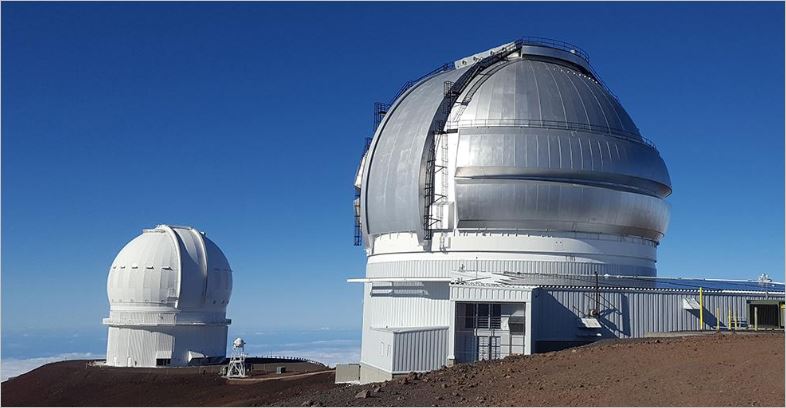Cybersecurity Incident
In a world where the pursuit of knowledge often requires the most advanced tools, recent cybersecurity incidents have cast a shadow over the realm of astronomical research.
The Gemini North and South telescopes, perched atop the majestic peaks of Maunakea in Hawaii and the Andes of Chile, are among the world’s most advanced instruments for exploring the cosmos.
However, the tranquility of their celestial observations was shattered when a cyberattack prompted their closure, leaving scientists and astronomers in suspense.
A Cautionary Shutdown
The alarm bells rang on the morning of August 1 when IT staff at the US National Science Foundation’s NOIRLab detected suspicious activity within their computer systems.
In a swift and precautionary measure, the decision was made to shut down the operations of the Gemini North telescope.
Its southern counterpart, the Gemini South telescope in Chile, was already in the process of undergoing routine maintenance, requiring minimal intervention.
The closure of these colossal optical infrared telescopes, with an impressive 8.1-meter diameter, sent ripples through the scientific community.
While it remains unclear whether the telescopes themselves faced any imminent danger, the incident underscores the profound financial investment required for astronomical research facilities.
These scientific endeavors demand annual budgets that easily soar into the millions.
Cost of Inaccessibility
The impact of this unforeseen closure extends far beyond financial considerations.
The telescopes’ downtime exacts a toll on the scientific community in the form of lost data and disrupted research projects.
Astronomical studies often hinge on meticulously timed operations, and even minor disruptions can result in missed critical observation windows.
Each day that the Gemini telescopes and their smaller companions on Cerro Tololo in Chile remain offline, the scientific world feels the weight of lost opportunities.
Beyond the financial implications, researchers must grapple with the setback to their investigations into the cosmos.
Read Also : 20 DIY Photography Hacks
A Reminder of Vulnerability Cybersecurity

The incident involving the Gemini telescopes is one of the first ransomware breaches targeting a scientific research facility. However, it is not an isolated case.
Astronomical facilities worldwide have faced cybersecurity threats, with potentially dire consequences.
In a chillingly similar event in October 2022, hackers infiltrated the Atacama Large Millimeter Array Observatory in Chile through a VPN.
This breach forced a months-long shutdown, costing the facility a staggering $250,000 per day. These incidents serve as stark reminders of the vulnerability of scientific research institutions to cyberattacks.
As the scientific community grapples with the consequences of these attacks, it also underscores the need for increased vigilance, cybersecurity measures, and global cooperation to protect the invaluable work conducted by observatories and research facilities worldwide.
In conclusion, the recent cyberattack on the Gemini telescopes serves as a poignant illustration of the delicate balance between technological advancement and vulnerability.
While the cosmos continues to reveal its mysteries, the guardians of these astronomical marvels must remain vigilant to protect the scientific endeavors that seek to illuminate the universe’s deepest secrets.
Read interesting articles on Google News